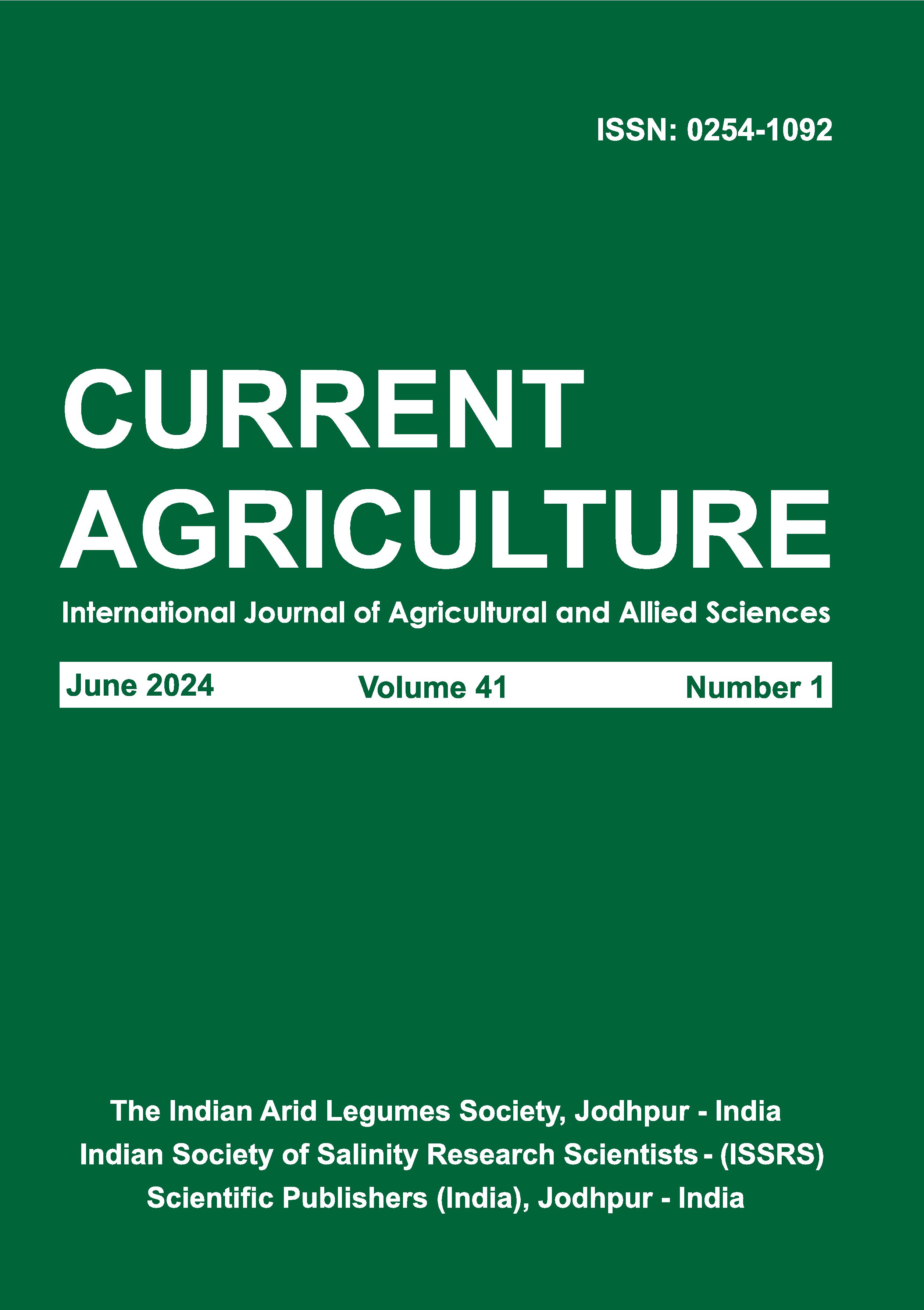Legumes are one of the major sources of carbohydrates however proteins for human consumption however, so far,
metabolomics studies remain limited to model species only. The Fabaceae family produces a plethora of structurally and
functionally diverse metabolites, including biochemical compound classes which are has specialized metabolites and
synthesized in response to biotic and abiotic stresses. There is a need to understand these molecular and biochemical
mechanisms involved in the response of these crops to both stresses. Especially concerning the adaptive responses
of legume species to both stresses as well as to point out the key primary and secondary metabolites involved in the
adaptation and sensing mechanisms. Hence, in this review, legume metabolomic studies in response to biotic and
abiotic stress have paved the way in understanding stress-signaling pathways. It aims to provides a progress update on
metabolomic studies of legumes in response to different stresses. Moreover, metabolome annotation and data analysis
platforms are discussed together with future prospects. This review will provide insight into the state-of-the-art plant
metabolomics tools for crop improvement. Here, we describe the workflow of plant metabolomics research focusing on
the elucidation of biotic and abiotic stress tolerance mechanisms in plants






